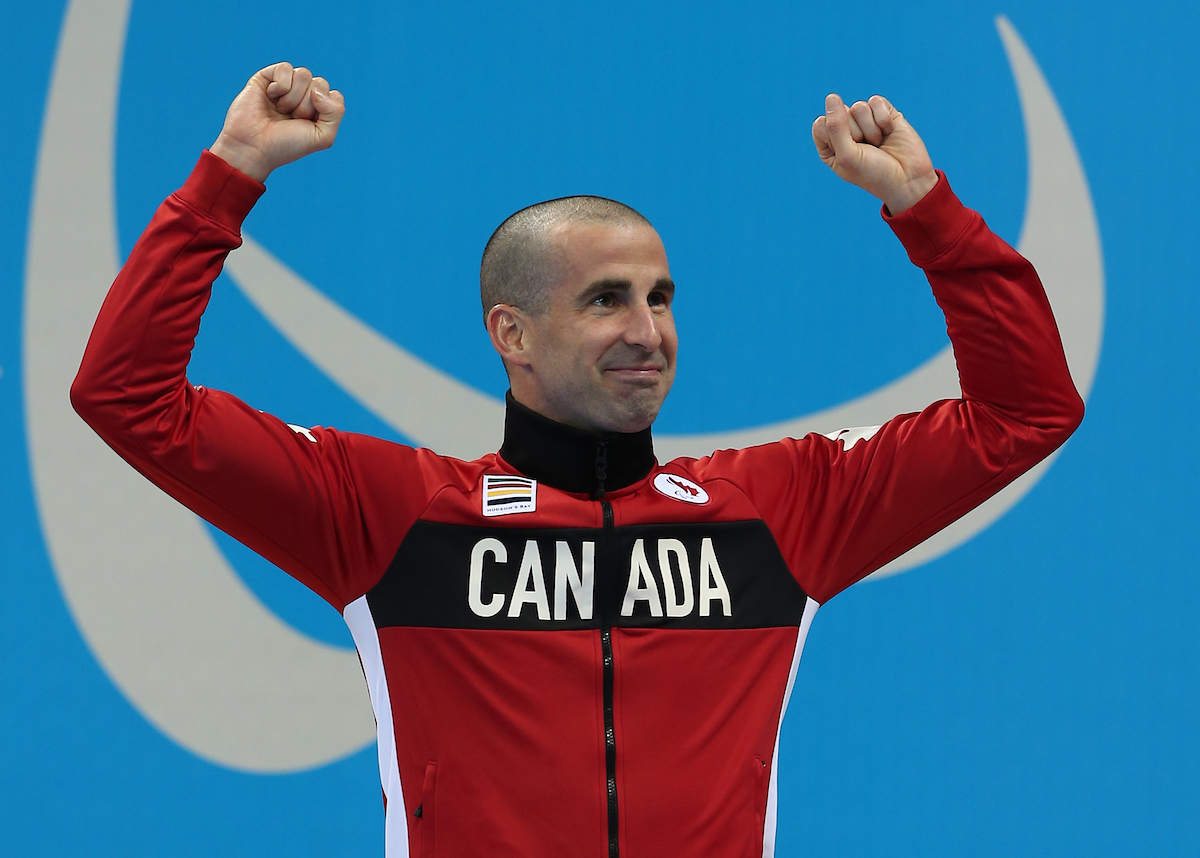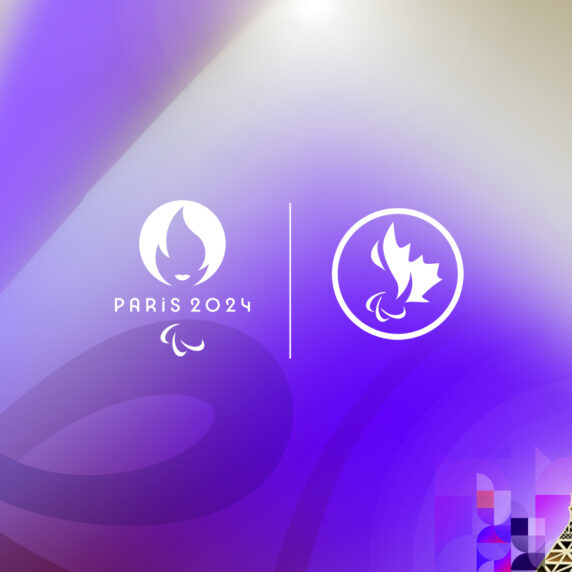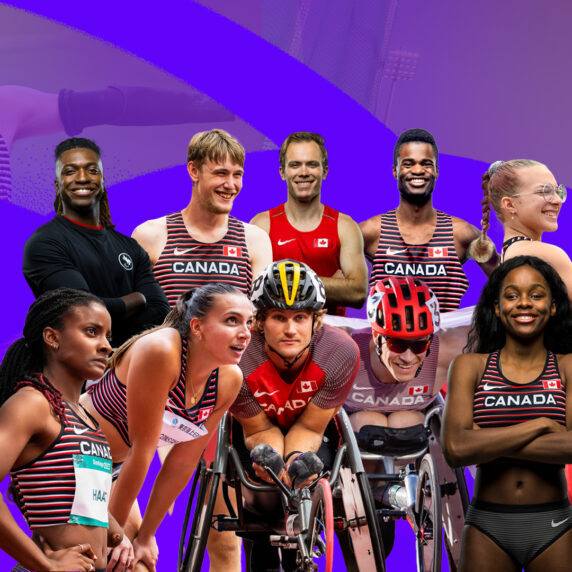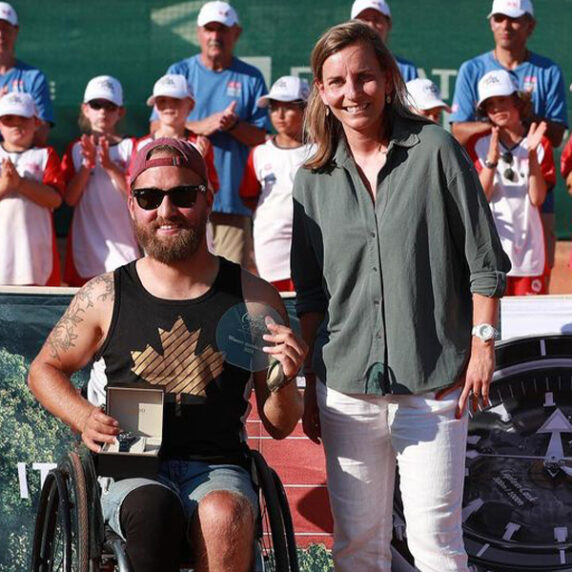Benoit Huot on the importance of accessibility
"Every child and every person should have the opportunity to play"

Benoit Huot may have retired from high-performance sport this year, but he hasn’t slowed down in terms of spreading the word about Paralympic sport, making sport more accessible for everyone, and the impact sport can have on a person.
Huot, born with a clubfoot, is one of the country’s most successful Paralympians ever with 20 medals won as a swimmer. He discovered the sport as a child, and it was in the pool that he felt most comfortable.
Canadian Tire Jumpstart Charities, a partner of the Canadian Paralympic Committee, is currently celebrating Jumpstart Month to promote access to play for all children and removing barriers kids can face when it comes to sport participation, whether it be financial or physical accessibility.
Huot firmly believes in the power of sport for all, and below are some of his thoughts about accessibility as we celebrate Jumpstart Month:
What does accessibility mean to you?
“When I think about accessibility I think about right now, about our country, and how we are making it a priority. Our government made it at the heart of their plan with the Accessible Canada Act that just came through, this is such a powerful and innovative way of really making sure we are all inclusive altogether and everyone has the same opportunities to grow no matter the differences we may have.”
What does access to play for all mean to you?
“Accessibility is now part of the legislation of our country, and so now every kid is going to have the opportunity to play. Every child and every person should have the opportunity to play and if it’s not accessible for people who live with a difference, that opportunity unfortunately is not there. So, the pieces of the puzzle are all coming together, with the passing of the accessibility bill, through different initiatives and programs, and organizations like Jumpstart, we are all aiming towards play for all.”
What barriers have you faced before?
“Growing up, I wanted to play hockey and baseball and it didn’t really work out and it’s not because I didn’t have great people around me and coaches, but 20-25 years ago, accessible sport was not like it is today. I’m glad that now our next generation and our kids will have this opportunity to live and develop through play and sport. I had a hard time until I found swimming when I eight, and it was a perfect sport because I felt free like a fish in the pool, and it was the first time in my life that even though I was different, I didn’t feel like my foot had as much of an impact.”
What is an easy way to make something accessible that people may not think about?
“One way for example is describing things for someone who is visually impaired. Instead of saying, ‘hey look at this’, you describe and say, ‘there’s someone across the street and they’re playing with a dog and it’s quite funny.’ It’s small little things that someone who doesn’t live with people with a disability would think about, like making an office on the same level so there’s no steps for people in wheelchairs. These are little details that when you’re in that world, you understand. It’s small little things I’ve noticed that make a difference.”
What would be your message to people about making play accessible?
“First, I would thank anyone who makes it a priority because people have no idea how big of an impact play and sport can have on the growth of a teenager or child. I am lucky to have seen the new playgrounds that Jumpstart has built, and kids with or without disabilities, they can all play together at the same time, and that’s the power of sport.”



"*" indicates required fields